In an increasingly fractured global trading system, escalation has become the new language of negotiation. From Europe’s growing confrontation with China over rare earth exports to Washington’s tariff threats and Beijing’s countermeasures, the world’s major economies are embracing hardball tactics to force dialogue and recalibrate trade dependencies.
At the centre of this emerging strategy is Europe’s tense standoff with China over its restrictions on the export of rare earths, critical materials that power everything from electric vehicles to wind turbines and advanced semiconductors.
The European Union, once a staunch advocate of open markets and multilateralism, is now leaning towards the idea that pressure, not persuasion, might yield results in reshaping global trade relations.
Europe’s growing assertiveness
French President Emmanuel Macron has reportedly urged the EU to “consider using its strongest trade tools” to respond to Beijing’s export controls, according to Bloomberg. This includes measures under the EU’s Anti-Coercion Instrument (ACI), a relatively new mechanism designed to deter economic bullying by third countries. The ACI allows the bloc to impose retaliatory tariffs, investment restrictions, or public procurement bans if diplomatic channels fail.
A recent European Council on Foreign Relations (ECFR) analysis titled “Escalate to negotiate: how Europe should respond to Chinese export restrictions” argues that Europe must match China’s strategic calculus with its own. The think tank contends that Beijing’s export curbs are a political signal, not merely an economic one, a test of Europe’s resolve to act collectively under pressure.
Impact Shorts
More Shorts“China’s export restrictions are meant to divide European member states and highlight their dependence,” the report said. “A coordinated and proportional response would show that Europe is capable of defending its strategic autonomy.”
A widening transatlantic convergence
The EU’s sharpened tone mirrors a broader transatlantic pattern. The Biden administration and increasingly Donald Trump’s re-election campaign rhetoric have both indicated that escalation is a legitimate precursor to negotiation. Tariffs, sanctions and technology controls are now routinely employed to open talks or extract concessions.
For Europe, aligning with Washington’s tougher posture toward Beijing has been an uneasy but pragmatic choice. The surge of Chinese imports in sectors such as electric vehicles and green technologies, highlighted by Reuters, has led to mounting political pressure across European capitals to act. Policymakers argue that inaction risks hollowing out domestic industries already strained by high energy costs and global supply shocks.
As Politico Europe reported, EU officials privately acknowledge that the bloc has “no quick release” from China’s chokehold on rare earths, but they view escalation as a necessary signal that the EU is not a passive actor.
China’s calculus and the limits of confrontation
Beijing, meanwhile, has framed its export restrictions as a matter of “national security and environmental sustainability,” but analysts see them as part of a calibrated effort to assert leverage. China produces nearly 60% of the world’s rare earths and processes over 80% of them, a dominance that gives it powerful bargaining tools.
Experts at the Mercator Institute for China Studies (MERICS) warn that while Europe must respond decisively, it should avoid being drawn into a cycle of endless retaliation.
“China uses escalation to bring others to the negotiating table, not necessarily to rupture ties,” said one MERICS analyst. “Europe can adopt the same logic — assertive, but open to de-escalation once talks resume.”
A new trade playbook
The shift toward escalation as a negotiation tactic underscores a global rethinking of trade diplomacy. The rules-based order, once anchored by the World Trade Organisation, is now increasingly bypassed by direct, power-driven bargaining.
For Europe, the lesson from the rare earth crisis is clear: strategic dependencies cannot be reduced through diplomacy alone. Economic resilience requires the credible threat of countermeasures, not to punish, but to prompt meaningful negotiation.
As the ECFR report summed it up: “Escalation is not the end of diplomacy. It is the beginning of it.”


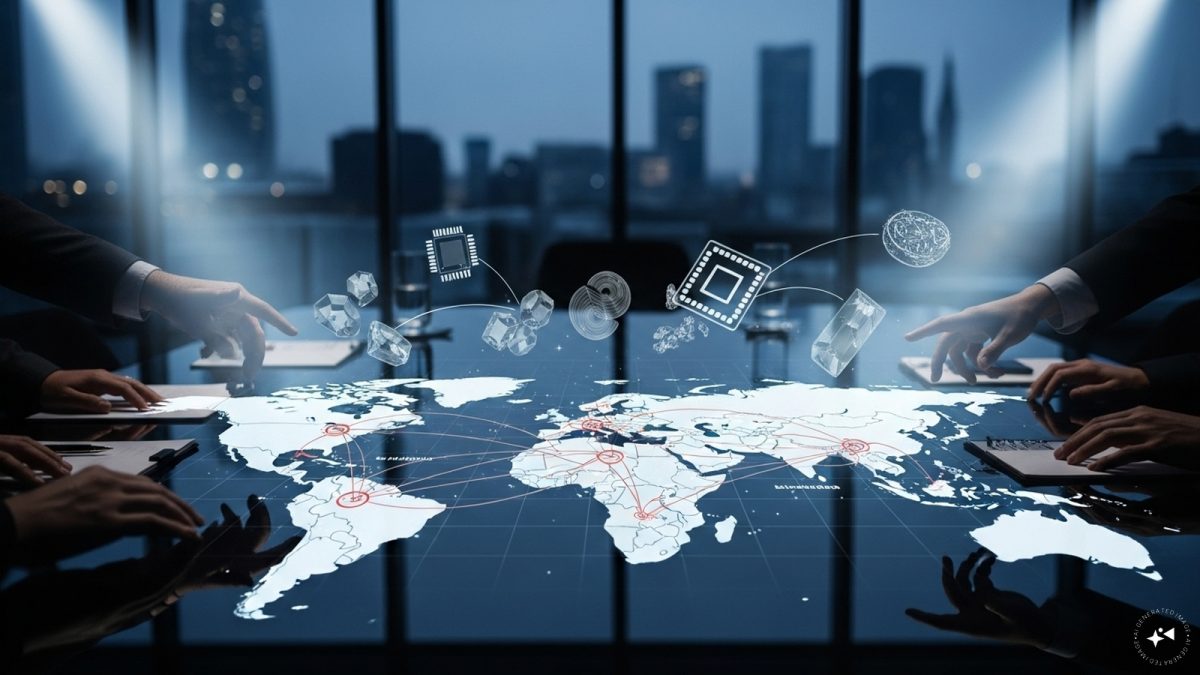)
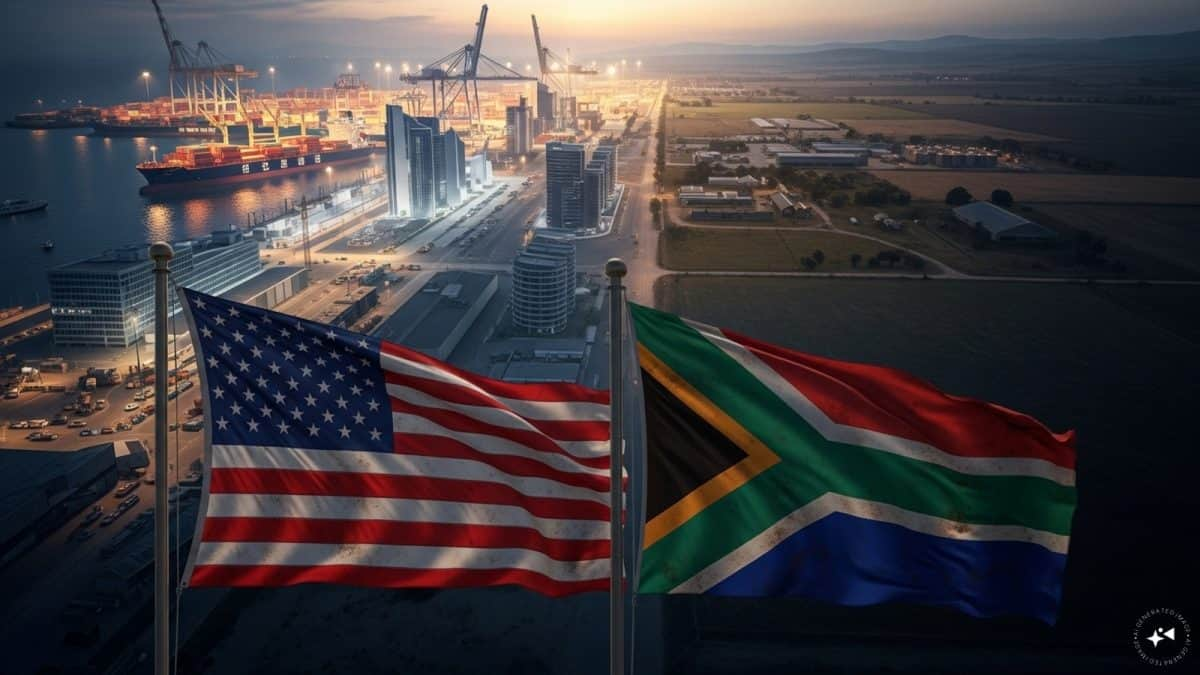
)
)
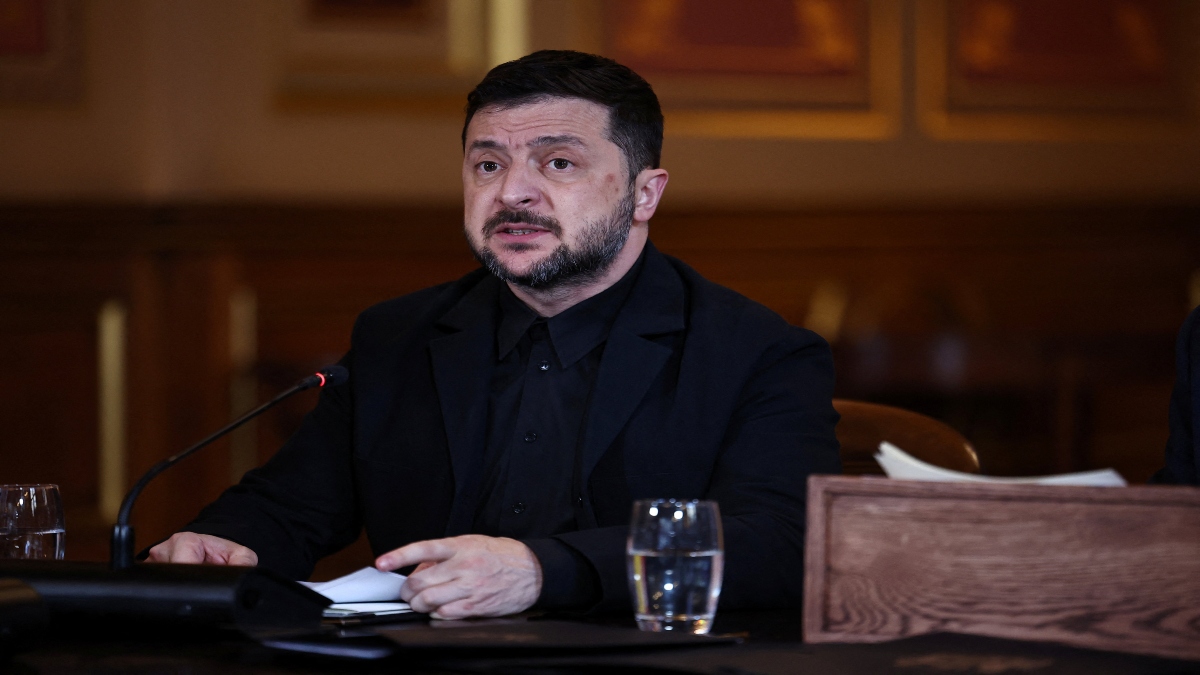)
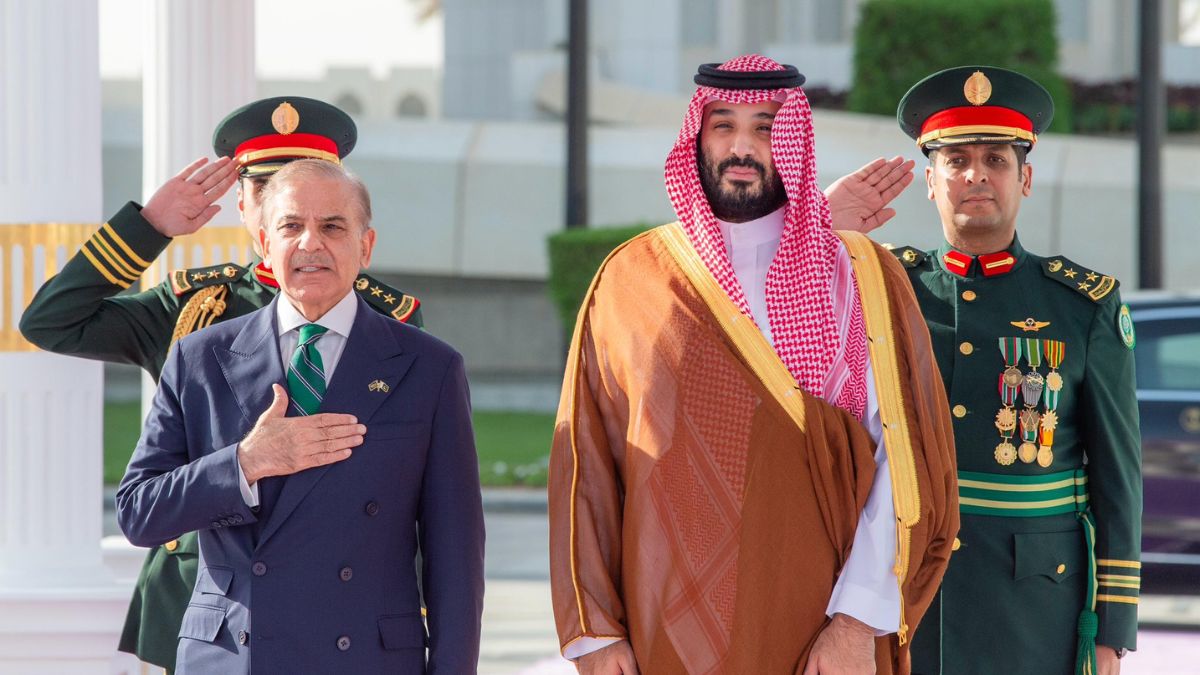)
)
)
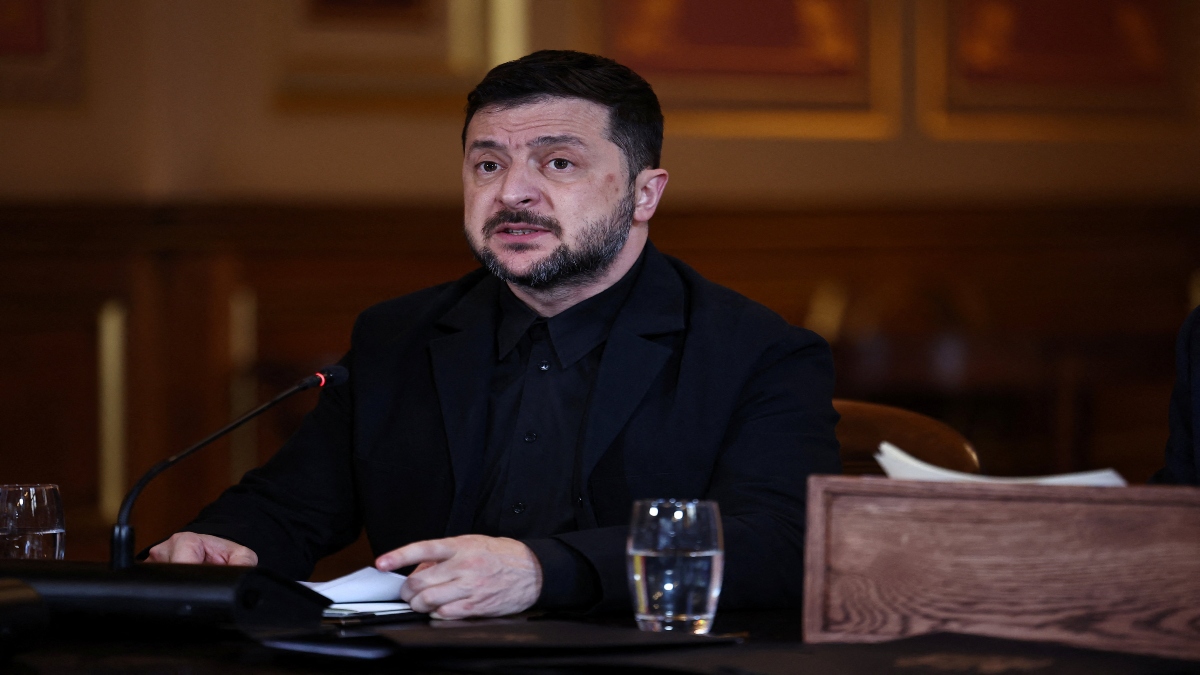)
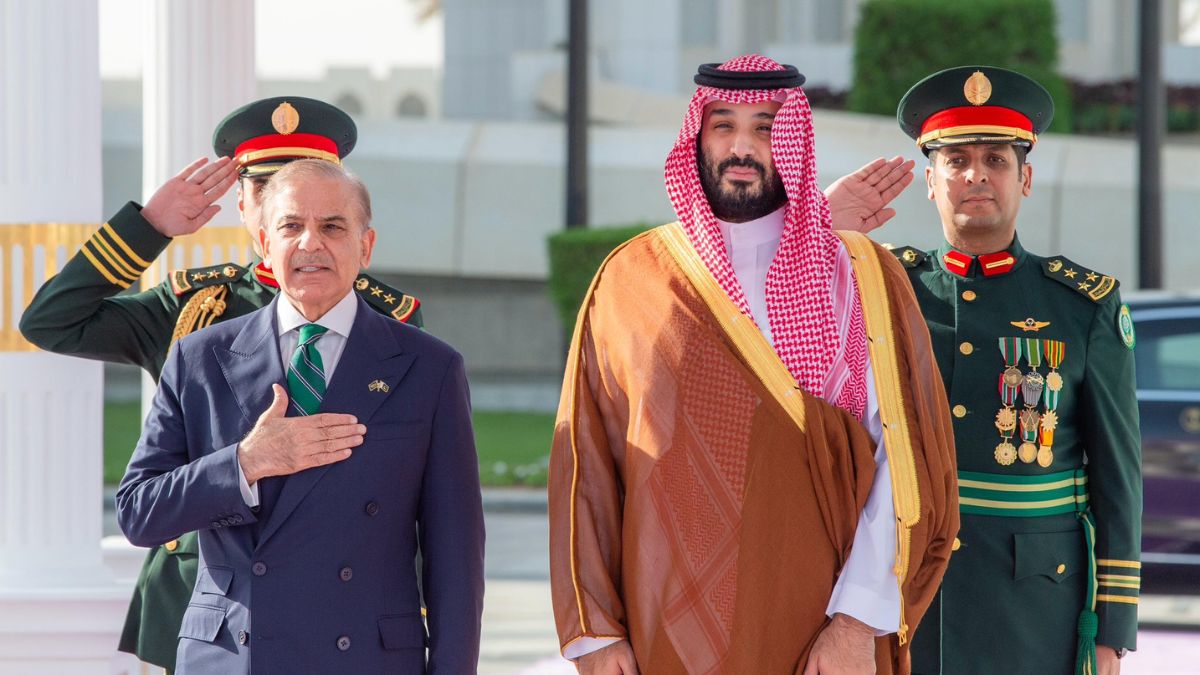)



